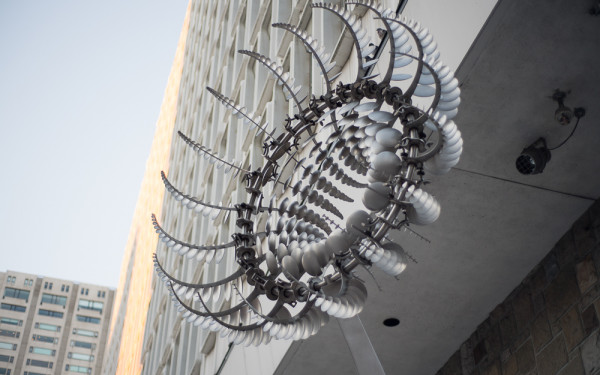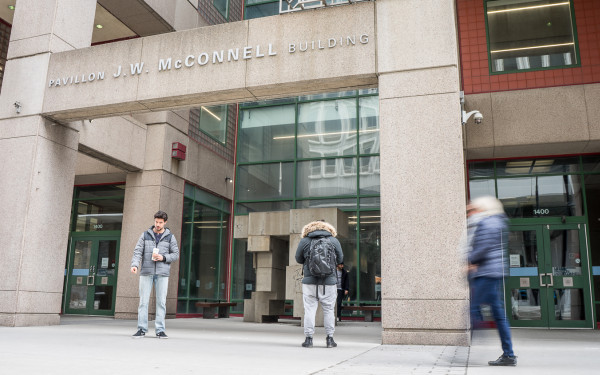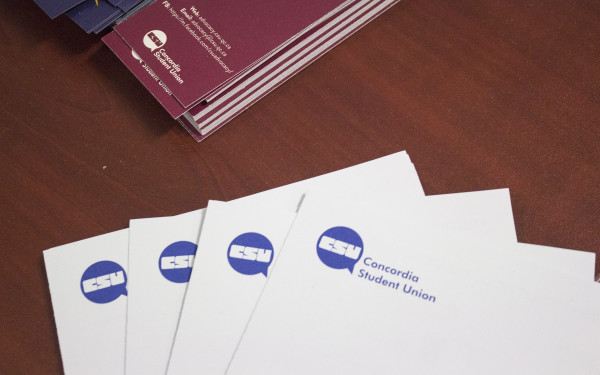“Home away from home”: The South Asian Student Association
Concordians providing a space for students of the subcontinent
By combating stigma and aiding international students, The South Asian Student Association’s goal is to create a safe space for all students in the diaspora at Concordia.
The organization’s goal is to represent South Asian students by creating a space for them.
SASA aims to host events such as cultural shows, movie nights, and iftars, the meal at the of the day when Muslims break their fast during Ramadan. They also seek to implement mental health services.
Hashir Zahoor-ur Rahman, president and founder of SASA had the idea for creating an association while in his first year as an international student.
When he arrived at Concordia, one of the primary concerns Rahman had was the lack of representation on campus for its large population of South Asian students.
“I was looking at McGill and saw that they had many good associations implemented such as the Pakistan Student Association, Indian Student Association, and a Bangladeshi Student Association,” said Rahman in comparison to McGill and other universities that had South Asian student groups..
While there were initiatives at Concordia being taken to represent students of South Asia, according to Rahman, many had shut down. This was due to failure in renewing the clubs, which is a process that needs to be done every year.
In contrast to McGill’s associations which represent the different countries of South Asia, Rahman’s vision was to create an association that not only represents one country but every country in the subregion of Asia; including Bangladesh, Pakistan, India, Bhutan, Afghanistan, Nepal, and Sri Lanka.
“Even though I’m from Pakistan, I didn't want to just create a Pakistani student association. I wanted to do something for all of us,” said Rahman.
Shamsheer Khan, VP events, and Dhruvi Dhamecha, VP marketing voiced their goals for SASA. The fundamental basis for the creation of the South Asian Student Association was to create a “home away from a home,” Rahman stated.
Though SASA has many events planned, one of their obstacles is their implementation process and getting the Concordia Student Union to finance and approve their events.
On March 20, SASA hosted an event called the South Asian Healing Circle alongside the Tamil student association of Concordia. This was held for South Asian students and community members to share their intersectional experiences as Brown people.
“Along with events we want to dive into resources for South Asian students in general so that we have the mental health aspect implemented,” stated Khan. “That’s why we had the healing circle for those who are trying to come from South Asia as international students to help them out.”
Khan expressed that SASA’s roots lie deeper than just creating this safe space for the South Asians of Concordia.
“Even though it’s mainly international students, I feel like there’s a different avenue we can explore for people who already live here and don’t exactly explore their own culture,” said Khan.
Like Khan, many South Asians who are residing in Montreal share the same sentiments and have felt the need to conform from a young age to the dominant western culture.
Khan believes exposure to associations such as SASA and meeting people who come from similar backgrounds creates a different perspective on one’s own culture and other South Asian cultures.
SASA’s goals alongside creating a community for students of the diaspora are also in putting an end to these pressures of conformity.
For Khan, the very creation of SASA is a major step in breaking down these stigmas. The association has begun to grow and has become this “home and comfort” for many of its members such as Dhamecha.
Many international students often find themselves feeling a sense of loneliness due to being separated from their families, friends and loved ones.
Factors that cause international students to experience these feelings of loneliness include language barriers, unfamiliarity with available resources, how to access said resources and a lack of social networks that sometimes manifest into depression, loneliness and isolation.
“As an international student, when you come into this country and you don’t find your people, you feel isolated,” stated Dhamecha. “But after finding SASA, I found it easy to connect with them, it’s a place I know I can rely on.”







